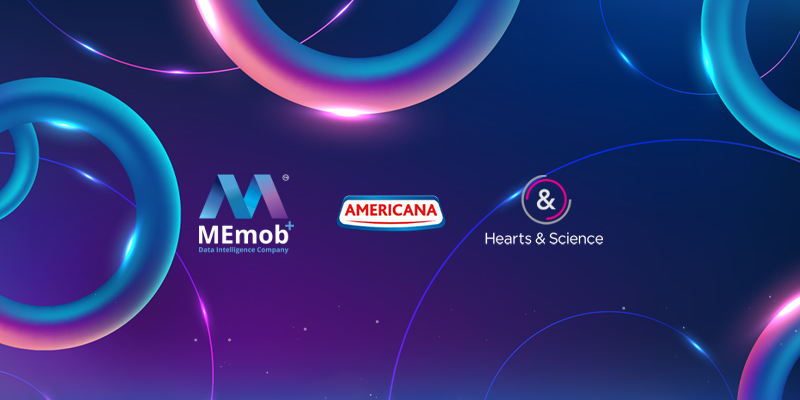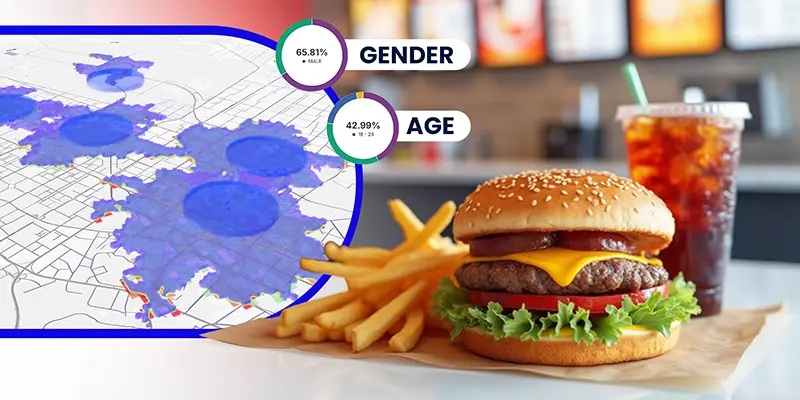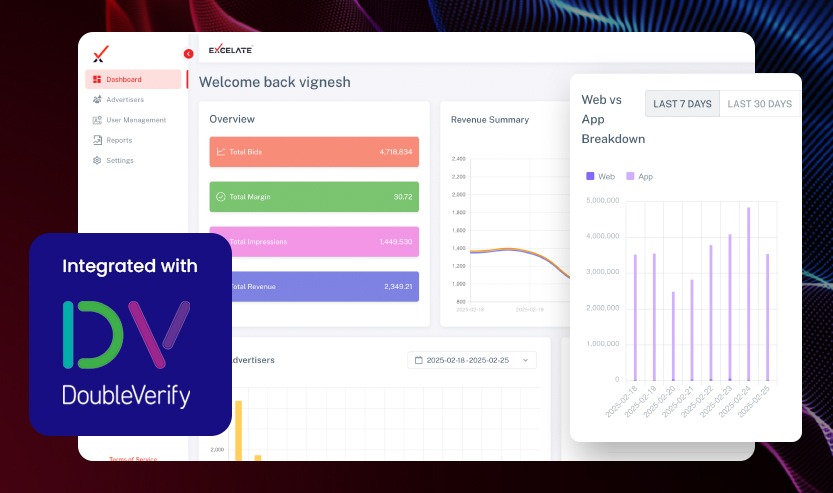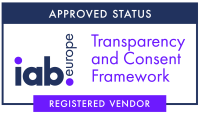The metaverse has gained a lot of traction this decade, with big, well-known brands entering the virtual world. Despite still being in the early stages, and people continuously trying to fully grasp the concept of virtual reality, numerous industries are racing to get a slice of the pie and be part of the Metaverse experience. The food industry is one of them.
At first glance, the food industry and Metaverse seem poles apart, but the sector can greatly benefit from the physical as well as the virtual world. Food consumption is not possible in a digital world, but operations can only be enhanced and conducted successfully there. The Metaverse dining concept is relatively new but enticing nonetheless. People can utilize avatars to try out their favorite dishes and even pay for the meals using cryptocurrencies, giving them thrilling realistic virtual access into reality. Needless to say, the Metaverse is already revolutionizing the industry with new and improved systems and interactions, in addition to innovative features.
Improved engagement and better connections
The biggest impact the food industry would have by joining the Metaverse would be forging better connections. Restaurants choosing to enter the virtual world can benefit from decentralization, which in turn leads to better engagement with consumers. A wide variety of menu and interactive options, coupled with a user-friendly interface allows consumers to freely engage with the restaurant without the interference of a third-party platform. Furthermore, feedback can also flow freely benefiting both restaurants and consumers in the long run.
Another aspect of engagement in the digital world is donning avatars and selecting preferences at convenience. Customers can book tables and order meals and even interact with chefs for modifications and special requests. This gives them a close to real-life experience facilitating better interaction, all from the comfort of their own homes.
Blockchain driving tangible growth
In the ‘foodverse’, blockchain plays an integral role. Supply chain traceability and transparency is crucial in the food ecosystem. The technology not only makes supply chains more transparent, but they also enable the whole food chain to be more agile and prevent, or respond to, food safety issues. Organizations are fast considering integrating blockchain technologies for this very reason. Companies such as Nestlé and Unilever have already signed on to multiple such projects to ensure food safety. This technology helps organizations trace their products at any time, correctly identifying and rectifying improper conditions, temperature changes etc., leading to a reduction in food waste, and promoting proper management of food handling.
Blockchain can also help streamline processes in the sector. All stakeholders can have access to the same data improving accuracy and real decision-making. This will further improve data reliability, and stakeholders will be able to pinpoint processes that need further investment. There was a time when organizations feared revealing too much information; however, with blockchain, it is apparent that revealing details of the supply chain will enhance transparency which is a need in today’s times.
The bottom line, and the beginning of a new world
Food is an experience that people like to enjoy in the company of family and friends. The complex ecosystem is however made up of processes that are visible, and operations that run at the backend to ensure food supply. MEmob+ recently held a detailed presentation on “Utilizing blockchain technology in the Food Industry” in collaboration with global food brands ‘Americana Group’ and ‘Hearts & Science’, a leading data agency. The main aim of the talk was to encourage and start conversations on implementing blockchain in the food sector and highlight the key role that our company can play in helping brands transition to the virtual world, benefitting from our expert consultancy.
As our world progresses and industries grow, adopting and applying Metaverse and blockchain within those industries can be massive. However, these concepts are still nascent and require stakeholders to play their part in the successful integration of these technologies. Accessibility to the digital world needs more collaboration and dedication, and the integration of the latest technologies can prove to be pertinent for the expansion and success of the food industry.
To learn about MEmob+’s solutions on blockchain technology in different sectors, visit our services.









